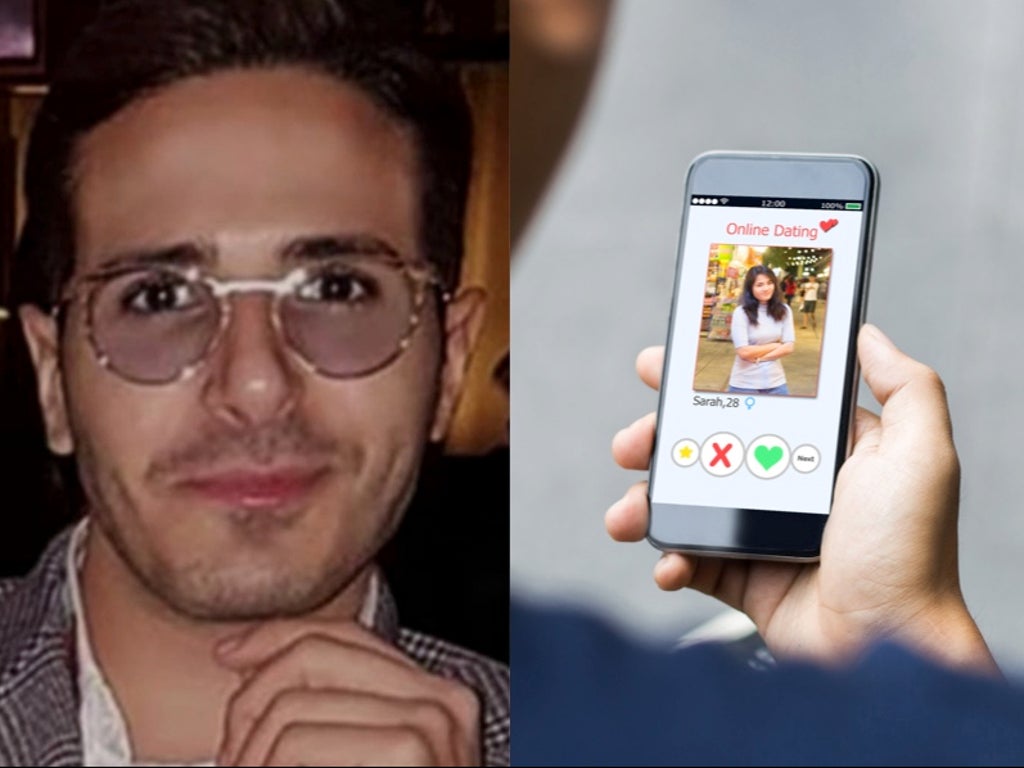
The online dating world is swimming with catfish. These days, anyone can make a dating app profile with very little verification checks to prove their identity.
In the Netflix documentary The Tinder Swindler, a group of women attempt to track down a dating app user who tricked them out of millions of dollars. The Tinder Swindler Simon Leviev, whose real name is Shimon Heyada Hayut, convinced women on Tinder that he was a wealthy billionaire and lured his victims with lavish dates to gain their trust. That is, until he allegedly manipulated them into believing he is in danger, and requested thousands of dollars from the women he was dating.
With the success of shows like MTV’s Catfish, most people think that they have the skills to spot a fake dating profile. But if there’s anything to learn from The Tinder Swindler, it’s that getting scammed on a dating app is more common than we think.
When it comes to online dating, there’s many red flags that can indicate you’ve stumbled on a fake dating profile. According to relationship and lifestyle content creator Hannah Stella, if someone’s dating profile leans into only one aspect of themselves a bit too much, that might be a sign to swipe left.
“Even if somebody is real, probably highlighting just one thing on their profile is something to ask questions about,” Stella told The Independent.
In The Tinder Swindler, Huyut’s entire Tinder profile featured fancy photos of him on private jets, yachts, and in luxury cars. Bragging about things like wealth and status was just one of the Tinder Swindler’s tactics to expand his worldwide scheme.
Frankly, if someone on Tinder claims that they’re the son of a billionaire, that’s likely a red flag in itself. “Can you just buy your way onto Raya?” joked Catherine Emond, podcaster and relationship expert on TikTok.
When scrolling through online dating apps, checking to see if someone has linked their other social media accounts to their profile is a helpful way to know if they’re legit.
Tinder and Hinge allow users to connect their Instagram account to their profiles, but don’t believe everything you see on their feed.
“When you’re looking at somebody’s social media profile, what you should be looking for in terms of a dating situation isn’t really what they post, because that’s always a highlight reel,” Stella said. “Are there comments from people who seem like they’re real-life friends? Look for authentic engagement.”
The ultimate catfish test is to see if they’d be willing to FaceTime, or meet up in person. If they immediately refuse, or come up with a bizarre excuse why they can’t, it’s safe to say you’ve caught yourself a catfish.
Even if you believe their photos are real, but aspects of their life are not, asking questions about their profile isn’t a crime.
“If they say they were just in the Maldives, say: ‘I’ve always wanted to go there. What hotel did you stay in?’” Stella advised. “There are normal ways to ask questions that will give you a good indication of whether something’s legitimate.”
The most fool-proof way of sussing out a fake dating profile? Trust your gut. “Something that I have always felt is that my gut is literally never wrong,” Emond told us. “Especially with women, our gut is usually right.”
The three women featured in Netflix’s The Tinder Swindler - Cecilie Fjellhøy, Pernilla Sjöholm, and Ayleen Charlotte - eventually recognised they were being defrauded by Huyut and put an end to his scamming ways.
As for what to do if you realise you’re in a relationship, or communicating, with someone you believe to be a catfish, there’s nothing wrong with ending it then and there.
“Unmatch them, block them, never speak to them again,” Emond said. “You can completely stop talking to somebody as soon as you are uncomfortable.”







